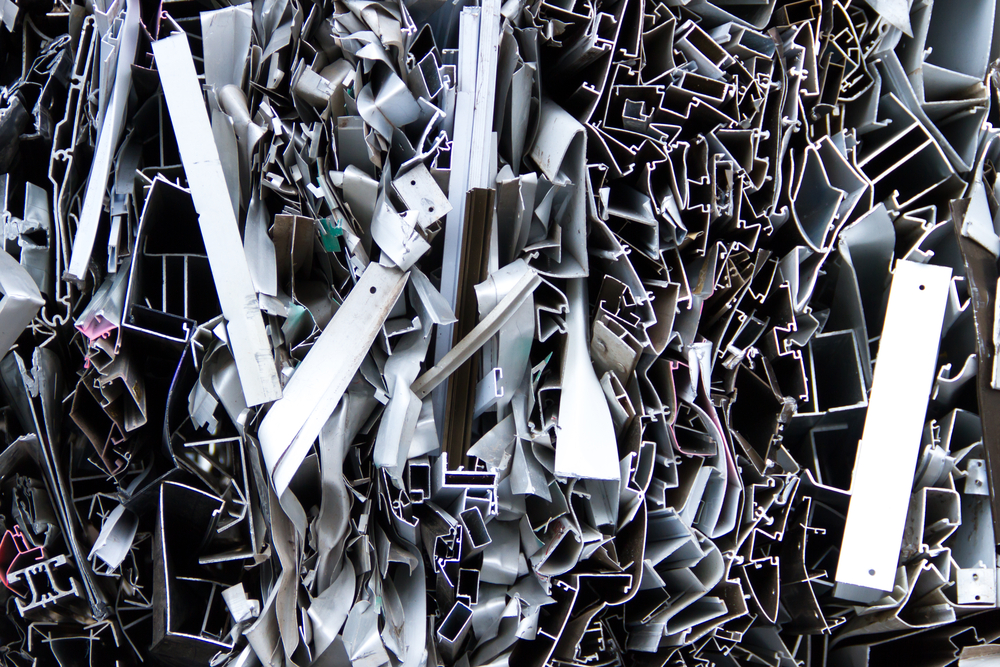Differences Between Ferrous and Non-Ferrous Scrap Metal
 When you’re sorting your scrap metal to sell to a scrap dealer, one of the first differences between metal types is whether they are ferrous or non-ferrous. But what’s the difference between these two metal types?
When you’re sorting your scrap metal to sell to a scrap dealer, one of the first differences between metal types is whether they are ferrous or non-ferrous. But what’s the difference between these two metal types?
Let’s take a look:
Ferrous metal identification
Ferrous metals always contain some amount of iron, hence the term ferrous. But how do you tell the difference between the two? The easiest way is by using a magnet. If the magnet sticks or you can feel some resistance when trying to pick the magnet up, the metal has at least some iron content and is a ferrous metal.
Ferrous scrap metal characteristics
Mild, carbon and stainless steel and cast and wrought iron are all ferrous metals. Because of their high tensile strength and general durability, these metals are commonly used for everything from large structures such as skyscrapers and bridges down to stainless steel pots and pocket knives. Most steel is high carbon steel, which can rust, making this an easy way to sort your metals by sight – if it’s got rust, it’s ferrous. Other ferrous metals, such as wrought iron and stainless steel, have specifically been developed to resist rusting, so don’t rule out a metal just because it doesn’t rust. Because of its extensive use, ferrous metal is the most commonly recycled material worldwide.
Typical pricing
Because ferrous metals are in good supply and are commonly recycled, their prices are usually lower than non-ferrous metals and tend to remain fairly steady, having only slight changes on a monthly basis. If you’re getting ready to sell scrap, you’ll want to contact a local or regional scrap service to determine prices before they’re brought to the services site. If you anticipate moving a large amount of scrap metals, you’ll want to have an assessment done of your situation to help figure out how to get the most out of your scrap metals, whether ferrous or non-ferrous.
Ferrous metals tend to be easier to identify than many other metals that are recycled using a scrap service and because of their extensive use, are accepted by most scrap metal services. If you’ve got any questions about identifying your scrap metals or need an evaluation of the best way to deal with your business’ scrap metal, please contact us today. We’d be more than happy to help optimize your scrap metal program.

Comments are closed